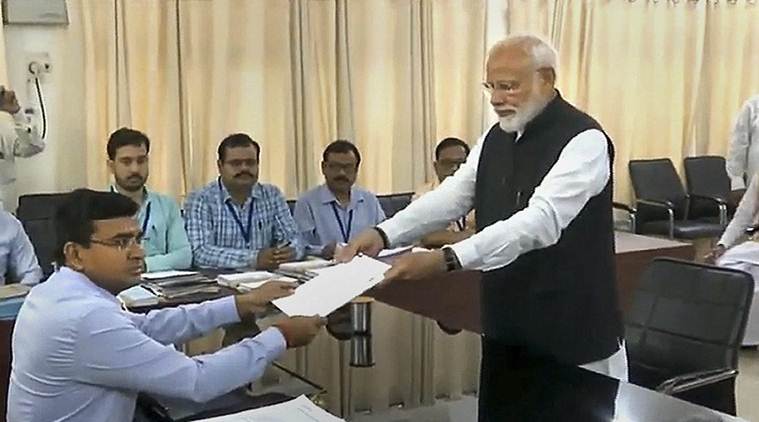Non-disclosure of information and filing of falsities in election affidavits can’t be treated equally
The lack of legal clarity has led to multiple candidates getting away by filing false information in their election affidavits. It is high time the SC clarifies that filing false affidavits constitutes “undue influence”, which is a “corrupt practice”.

On April 15, 2019, a Public Interest Litigation (PIL) was filed in the Supreme Court against Prime Minister Narendra Modi for filing a false affidavit. The petitioner, Saket Gokhale, a former journalist, has alleged irregularities regarding a plot of land, which, as per the land records, still belongs to the PM — but it has been omitted from his recent election affidavits. Recently, Union minister Smriti Irani was accused of falsifying her educational records in her affidavit. Surprisingly, despite the upsurge in the number of complaints of false affidavits, we are yet to see any strict action taken in this regard. Hence, it is important to look into the law governing false affidavits under the under the Representation of People’s Act, 1951 (“RPA”) and examine its effectiveness in curbing this malpractice.











.png)




























No hay comentarios:
Publicar un comentario